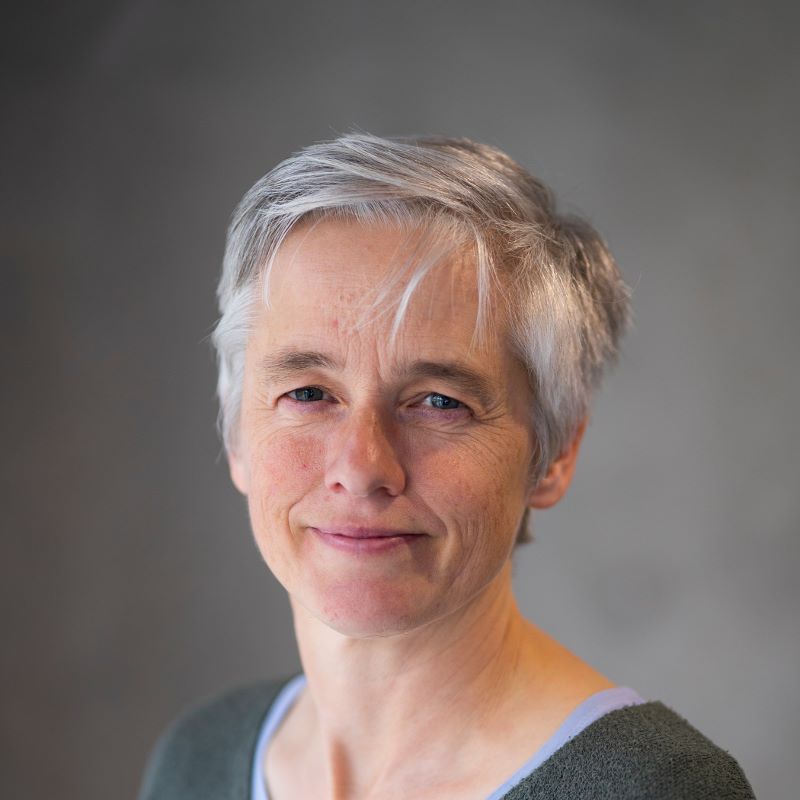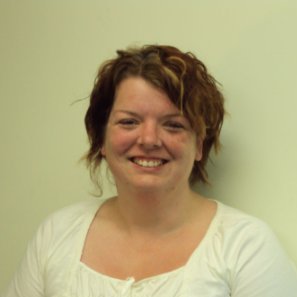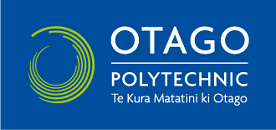
Digital citizenship
Explore the concept of digital citizenship and apply this knowledge to learning online and the contemporary workplace
What’s it about?
Learning in a Digital Age (LiDA) is about learning on the Internet and we recommend that any learner embarking on tertiary study in today’s world should take this free course. Digital citizenship is the second of four LiDA micro-courses, where you will develop a positive digital online identity in support of learning commensurate with good practice for privacy, security and interpersonal communications.
What will I learn?
In this microcourse you will:
- Gain an understanding of the dimensions of digital citizenship for work and learning in the 21st century and how these differ from the off-line environment.
- Outline the rights and responsibilities of a digital citizen.
- Expand your online learning network by adopting a proactive approach to improving your web presence to support and engage in learning in a digital age.
- Apply good online hygiene practices to ensure your privacy and security in digital environments.
- Evaluate a range of digital media, technologies and communities appropriate for supporting learning.
- Gain an understanding of the implications of digital technology for your future career.
- Describe societal issues and problematic online behaviours which have emerged in the digital world and how to deal with these challenges in an ethical manner.
- Develop a positive digital identity and digital footprint for learning
What’s involved?
There are five learning pathways, each containing numerous resources and learning challenges, designed to help you achieve success for networked learning in a digital age. The learning pathways are:
- Digital citizenship
- Online identity for learning
- Digital environments
- Digital practices in the workplace
- Societal issues and the internet.
The micro-course can be completed in 40 hours, including preparation for the assessment.
Prerequisites?
Anyone is free to participate in this course. An internet connection and basic web browsing skills are required with the ability to create a blog, and use a number of online applications (instructions and self-study tutorials provided).
The course and assessments are conducted in English. This is a university level course and you should be able to communicate fluently and accurately in spoken and written English.
Image credit: Social media abstract by Geralt, dedicated to the public domain.
 Dr Wayne Mackintosh, is the founding director of the OER Foundation and is the designated UNESCO and ICDE Chair in OER at Otago Polytechnic. He is
Read More
Dr Wayne Mackintosh, is the founding director of the OER Foundation and is the designated UNESCO and ICDE Chair in OER at Otago Polytechnic. He is
Read More
 Emeritus Professor Jim Taylor AM, In 2009, Professor Taylor received the Australian Higher Education Quality Award from the Australian Universities Quality Agency (AUQA) for his “national and international
Read More
Emeritus Professor Jim Taylor AM, In 2009, Professor Taylor received the Australian Higher Education Quality Award from the Australian Universities Quality Agency (AUQA) for his “national and international
Read More
 Simonne Wood, is an Educational Technology Specialist within Otago Polytechnic's Learning and Teaching Development Team. She has many years' experience in tertiary institutions in the
Read More
Simonne Wood, is an Educational Technology Specialist within Otago Polytechnic's Learning and Teaching Development Team. She has many years' experience in tertiary institutions in the
Read More
 Claire Goode, is a member of the Learning and Teaching Development team at Otago Polytechnic, and a Senior Fellow of the UK's Higher Education Academy.
Read More
Claire Goode, is a member of the Learning and Teaching Development team at Otago Polytechnic, and a Senior Fellow of the UK's Higher Education Academy.
Read More







